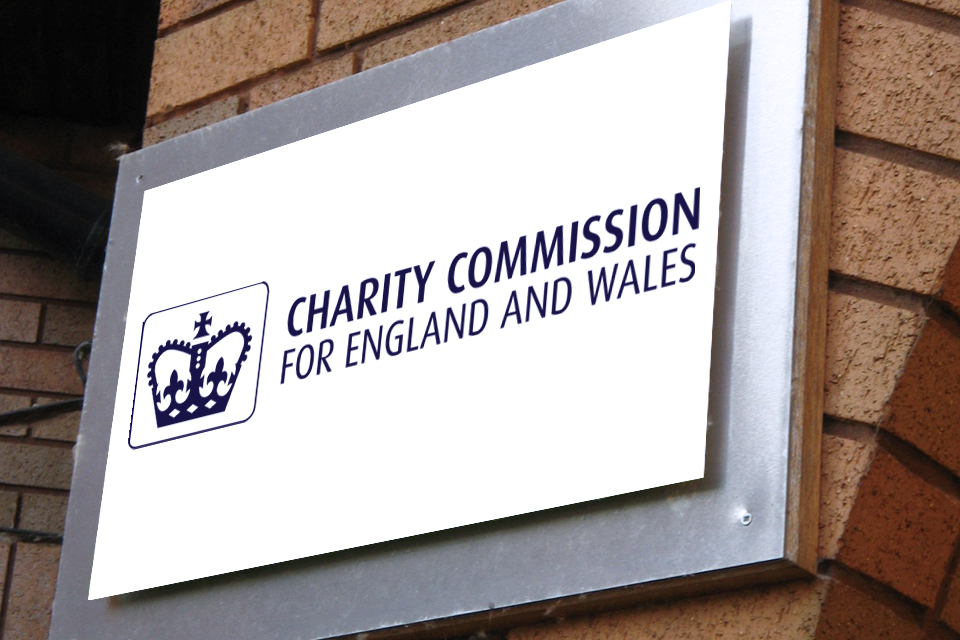Nearly a third of councils in poor areas considering bankruptcy within next two years | Politics News

At least 26 councils in some of the poorest areas of the country are considering declaring effective bankruptcy within the next two years, it has emerged.
A survey of 47 local authorities in the North, the Midlands and on the South Coast revealed a severe strain on finances driven by the depletion of cash reserves available to cover gaps in budgets.
Five members of the Special Interest Group of Municipal Authorities (Sigoma) said they were in the process of deciding whether to issue a section 114 notice of their inability to balance their annual budget in 2023/24.
Another nine said they may have to declare bankruptcy next year.
Nadine Dorries refuses to confirm she will vote Tory at next general election – latest updates
Sigoma said it was the first time many member councils were considering issuing a section 114 notice, which freezes all non-essential spending.
It said it understands at least 12 other councils across the country are now considering issuing a section 114 notice in 2023/24.
Councils said the most common cause of financial pressures was demand for children’s social care services following requests from the government to treat those services as an equal priority with adult social care, and allocate additional funding.
Other significant factors cited were inflation costs and wage rises, with warnings an imminent increase in the cost of borrowing is set to add further financial pressure.
The first S114 notice was issued by Hackney Council in 2000 and Northamptonshire County Council followed suit in 2018.
But since then councils have begun declaring bankruptcy at an unprecedented rate, with S114 notices recently issued by Conservative-run councils Thurrock and Woking and Labour-run Croydon and Slough.
Government ‘needs to recognise significant inflationary pressures’
Sir Stephen Houghton, Labour leader of Barnsley Council and Sigoma chair, said: “The government needs to recognise the significant inflationary pressures that local authorities have had to deal with in the last 12 months.
“At the same time as inflationary pressure, councils are facing increasing demand for services, particularly in the care sector.
“Pay increases are putting substantial pressure on budgets, and so the government must ensure that local authorities have the additional funding they need to fully fund these pay increases or risk impacting future service delivery.
“The funding system is completely broken. Councils have worked miracles for the past 13 years, but there is nothing left.”
Councils ‘ultimately responsible’ for managing own finances
A government spokesperson said: “Councils are ultimately responsible for the management of their own finances.
“However, the government has been clear that local authorities should not take excessive risk with taxpayers’ money, and we have established the Office for Local Government to improve the accountability for performance across the sector.”



